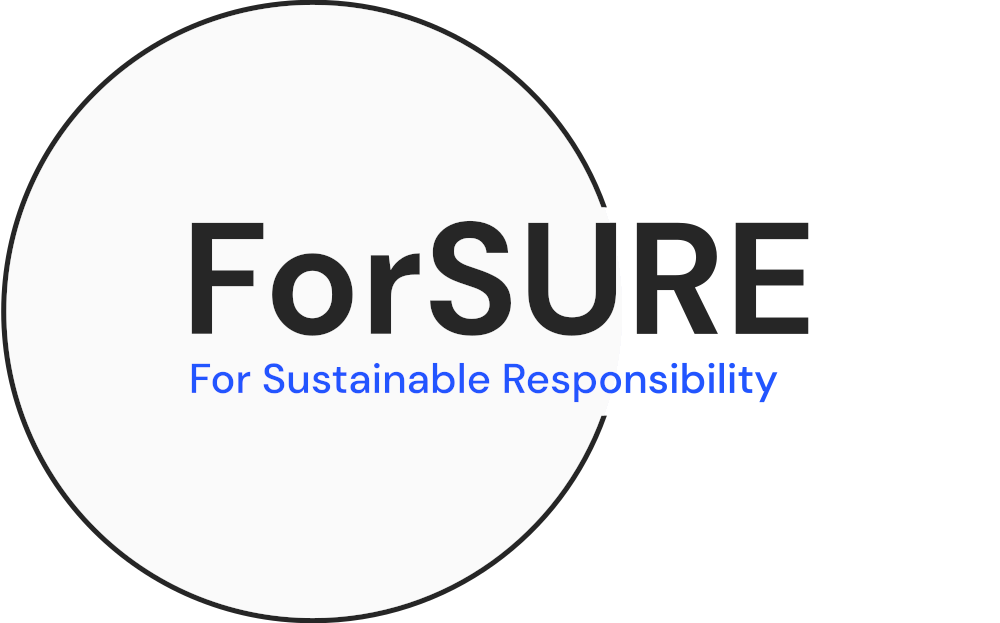Embracing Change: The Advent of Plastic Taxes
As global focus intensifies on environmental stewardship, the introduction of plastic taxes marks a pivotal shift towards greener practices. These plastic taxes are designed to mitigate the plastic pollution crisis by incentivizing companies to revolutionize their packaging and product designs. With the worldwide adoption of plastic taxes accelerating, it is essential for businesses to comprehend and adapt to these changes. While it necessary to be prepared for the financial implications of these changes, it further provides an opportunity for businesses to position themselves as leaders in the journey towards a sustainable future. This dynamic shift brought about by plastic taxes demands a reevaluation of business strategies, with a strong emphasis on eco-friendliness and sustainability.
EPR Taxes: Steering Businesses Towards Sustainability
Similarly transformative, EPR taxes (Extended Producer Responsibility taxes) are redefining corporate responsibility for environmental impacts. EPR taxes demand that companies account for the ecological footprint of their products throughout their lifecycle, in particular the end-of-life stage of products. The rise of EPR taxes signals a new era where ecological considerations are integral to business operations, driving industries towards sustainable innovation and ethical practices. By incorporating EPR taxes into their operational strategies, businesses are not only ensuring their compliance with the newest regulations but also contributing positively to the environment.
The Synergy Between EPR Taxes and Plastic Taxes
The dynamic relationship between EPR taxes and plastic taxes is carving out a novel path for business strategies. While EPR taxes promote responsible product lifecycle management, plastic taxes champion the reduction of plastic utilization. This combined force is propelling businesses towards eco-friendly solutions and sustainable practices, highlighting the power of integrated environmental policies. The interplay between EPR taxes and plastic taxes is an opportunity for businesses to demonstrate their commitment to environmental stewardship and innovation, in particular, with regards to the uptake of eco-design.
In Deloitte's insightful analysis of the UK's Plastic Packaging Tax, key strategies for tackling plastic waste are explored. This mirrors the discussions on plastic taxes and EPR taxes, highlighting the role of recycled content mandates in driving sustainable practices. As Deloitte underscores, such initiatives align with the principles of EPR taxes, fostering a more responsible approach to product life cycles and packaging solutions.
Tackling the Challenges of Compliance
Adapting to plastic taxes and EPR taxes involves navigating a diverse landscape filled with intricate regulations. The complexity stems from various international and European standards, the need for precise data collection and adapting business models to meet these new requirements. To effectively manage these challenges, companies should:
- Invest in Advanced Data Management: Implementing robust systems to accurately track and report product lifecycle data is key.
- Collaborate for Sustainable Solutions: Working closely with suppliers to ensure sustainable practices throughout the supply chain is crucial.
- Stay Informed and Agile: Keeping up-to-date with evolving regulations and being ready to adapt quickly to changes ensures regulatory compliance and positions businesses as industry leaders in sustainability.
- Focus on Product Innovation: Developing new products or modifying existing ones to be more environmentally friendly can not only comply with regulations but also appeal to a growing market of eco-conscious consumers. This approach can lead to cost savings in production and waste management, as well as potentially higher market share.
- Emphasize Cost Reduction: By carefully analyzing the entire supply chain and product lifecycle, companies can identify areas where costs can be reduced without compromising quality. This could involve optimizing materials, reducing waste, or improving logistics efficiency.
By addressing these specific aspects, businesses can turn the challenges of plastic taxes and EPR taxes into opportunities for growth and leadership in environmental stewardship.
Looking Ahead: A Sustainable Business Future
The trajectory for businesses adapting to EPR taxes and plastic taxes is bright and promising. Far from being mere legal obligations, these policies are part of a broader mission to forge a sustainable corporate world. Keeping abreast of these changes and embracing them is critical for businesses with a future proof business model. Adopting EPR taxes and plastic taxes is not just a compliance strategy but a step towards leading the change in environmental responsibility. Businesses that proactively embrace these changes will emerge as leaders in the new age of corporate sustainability.
ForSURE: Your Ally in Navigating EPR and Plastic Taxes
At ForSURE, our expertise in EPR taxes and plastic taxes equips us to guide your business through these evolving landscapes. Partner with us to smoothly transition into this new era of environmental accountability. Explore our EPR software at ForSURE and embark on a journey towards sustainable excellence. Embrace the change with ForSURE and position your business at the forefront of environmental innovation. Let us simplify your journey towards ensuring that your business not only complies with the new regulations but also thrives in an increasingly eco-conscious marketplace.
Want to stay updated on the latest trends in sustainability and EPR? Subscribe to our newsletter now!




